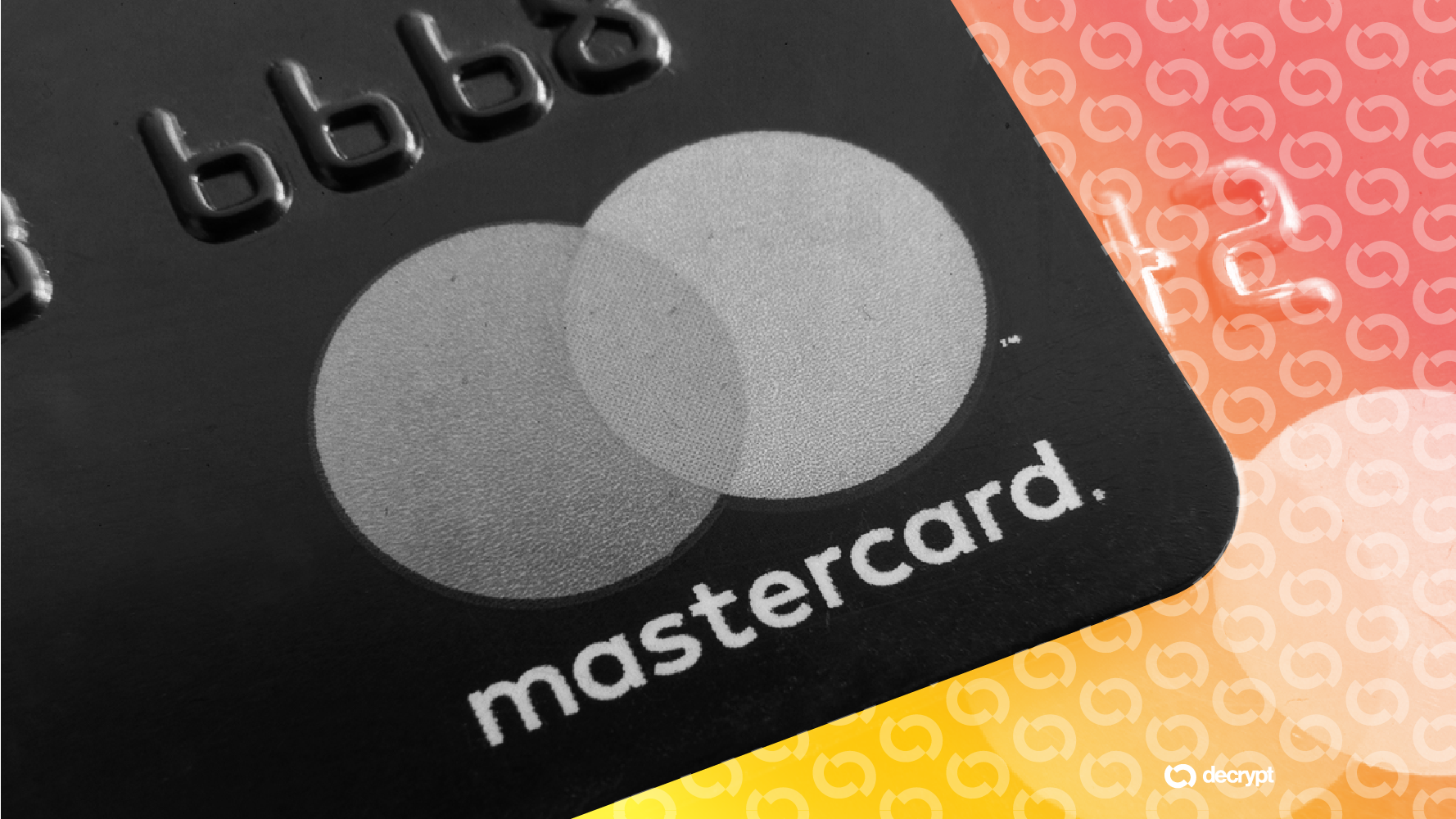Bitget Wallet & Immersve Drop Game-Changing Crypto Mastercard—Spend Your Bitcoin Like Cash

Crypto just got its plastic revolution. Bitget Wallet—one of the fastest-growing multi-chain platforms—teamed up with Web3 payment pioneers Immersve to launch a Mastercard that converts your digital assets into real-world spending power. No banks. No middlemen. Just seamless swipes.
How it works: The card links directly to your self-custody wallet, auto-converting crypto to fiat at checkout. No pre-loading required—your Bitcoin, ETH, or stablecoins become instant purchasing power. Think of it as a decentralized debit card with VIP lounge access to traditional finance.
Why it matters: While Wall Street still debates ETF approvals, Bitget and Immersve bypassed the bureaucracy altogether. Their solution? A card that treats crypto like the global reserve currency it’s becoming—while letting you dodge those pesky ‘digital gold’ storage fees.
The fine print: Yes, it’s non-custodial. Yes, it works anywhere Mastercard’s accepted. And yes—this probably terrifies your local bank manager. After all, why park money in a 0.01% APY savings account when you could spend appreciating assets instead?
One step closer to the inevitable future where Visa runs on-chain and ‘fiat’ is just that thing boomers complain about losing behind couch cushions.
Crypto cards
While the card is being rolled out on multiple continents, one notable omission at the moment is North America, and in particular the United States.
Elkaleh explained that there are no definite plans to bring the product to the States, but that this could change depending on regulatory developments.
"The UK and EEA have been prioritized due to their clear regulatory environments and high level of crypto card adoption," he told Decrypt, explaining that the card's rollout in the U.S. "depends on obtaining the appropriate regulatory approvals and establishing local issuing arrangements."
Despite the lack of a confirmed launch date for the American market, Bitget Wallet and its partners are "actively exploring these steps," with Gemini and Coinbase among the cryptocurrency platforms that have already launched cards in the States.
While Coinbase’s card is offered in partnership with Visa, Gemini is another firm that has partnered with Mastercard, which told Decrypt that it has been “committed” to bridging crypto and traditional finance for several years now.
“This includes a range of card products, with partners like Gemini, Bybit, MetaMask, and more,” said Christian Rau, the SVP of Digital Assets, Blockchain and Fintech Enablement at Mastercard.
For Rau, one of the chief benefits of partnering with Mastercard is that it provides Bitget Wallet users—and the merchants at the other end of their transactions—with the highest level of security.
He explained that transactions using the card are “protected by Mastercard’s KYC and AML requirements, in addition to several other anti-fraud protections and benefits.”
Big spenders?
The launch of Bitget Wallet Card comes at a time when crypto-linked cards are gaining more traction for online purchases, with a recent CEX.io report indicating that nearly half of all payments made using such cards are for values of €10 ($11.75) or lower.
The same report also revealed that the average transaction for crypto cards is €23.70 ($27.85), whereas for traditional bank cards it’s €33.60 ($39.48).

